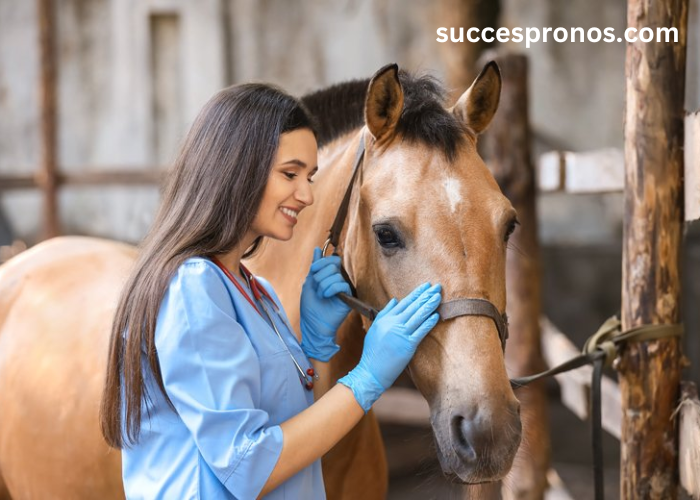
Caring for a horse is a rewarding but demanding responsibility that requires a comprehensive understanding of their needs. Proper horse care encompasses various aspects, from nutrition and grooming to training and health maintenance. This article delves into the essential components of horse care to ensure the well-being and happiness of your equine companion. Discover the finest quality turf products at AbdellatifTurf. Your one-stop shop for premium turf solutions.
Nutrition: The Foundation of Health
A balanced diet is crucial for a horse’s health and performance. Horses are grazing animals, and their digestive systems are designed to process a steady intake of fibrous foods. Here are the key elements of an optimal equine diet:
- Forage: The bulk of a horse’s diet should consist of high-quality forage such as hay or pasture grass. Forage provides the necessary fiber to maintain a healthy digestive system and should be available to horses at all times.
- Concentrates: In addition to forage, some horses may require concentrated feeds like grains or commercial pellets, especially if they have higher energy demands due to work or age. These should be fed in moderation and tailored to the individual horse’s needs.
- Water: Horses need constant access to fresh, clean water. An average horse drinks between 5 to 10 gallons of water a day, and this amount can increase significantly in hot weather or during intense work.
- Supplements: Depending on the horse’s diet and workload, supplements such as vitamins, minerals, and electrolytes might be necessary. It’s essential to consult with a veterinarian to determine the appropriate supplements.
Grooming: Keeping Your Horse Clean and Comfortable
Regular grooming is vital for maintaining a horse’s coat, skin health, and overall well-being. It also provides an opportunity to check for injuries, skin conditions, or other health issues. Here are the essential grooming practices:
- Brushing: Daily brushing removes dirt, sweat, and loose hair, promoting a healthy coat. Use different brushes, starting with a curry comb to loosen dirt and ending with a soft brush for a polished finish.
- Hoof Care: Cleaning a horse’s hooves daily with a hoof pick prevents the buildup of dirt and debris, which can lead to infections like thrush. Regular visits from a farrier are necessary to trim and balance the hooves, ensuring proper alignment and preventing lameness.
- Bathing: While not required daily, occasional baths can help keep your horse clean, especially before events or during hot weather. Use horse-specific shampoos and ensure thorough rinsing to avoid skin irritation.
Health Maintenance: Preventive and Routine Care
Maintaining a horse’s health involves regular veterinary care, vaccinations, and dental check-ups. Here’s what you need to consider:
- Vaccinations: Horses require regular vaccinations to protect against diseases such as tetanus, equine influenza, and West Nile virus. Consult with your veterinarian to establish a vaccination schedule.
- Deworming: Regular deworming is essential to control internal parasites. Fecal egg count tests can help determine the frequency and type of dewormer needed for your horse.
- Dental Care: Horses’ teeth grow continuously and can develop sharp edges or uneven wear. Regular dental check-ups and floating (filing down sharp edges) by an equine dentist or veterinarian are crucial to prevent discomfort and eating difficulties.
Training: Building a Trusting Relationship
Effective training is key to developing a safe and enjoyable relationship with your horse. Consistent, positive reinforcement techniques are the most effective. Here are some training tips:
- Groundwork: Establishing respect and communication on the ground is the foundation of good training. Basic groundwork exercises teach the horse to respond to cues and build trust.
- Riding Training: Whether for pleasure or competition, riding training should be progressive and considerate of the horse’s physical and mental limits. Start with basic commands and gradually introduce more complex tasks.
- Consistency and Patience: Horses learn best with consistent, patient training. Regular, short sessions are more effective than infrequent, lengthy ones. Always end on a positive note to reinforce good behavior.
Conclusion
Caring for a horse requires dedication, knowledge, and a deep understanding of their needs. By providing proper nutrition, regular grooming, preventive health care, and effective training, you can ensure your horse leads a healthy, happy, and fulfilling life. Remember, the bond you build with your horse through attentive care and mutual respect is one of the most rewarding aspects of equine ownership.